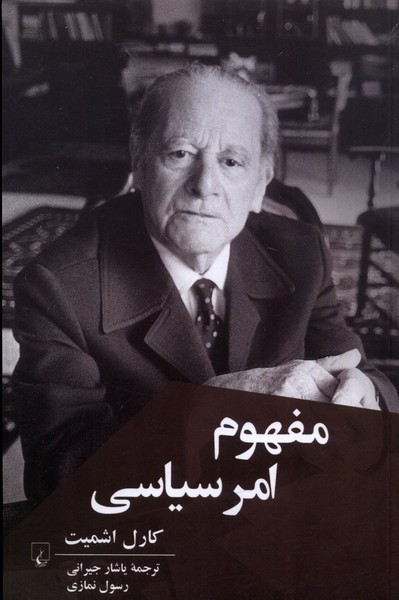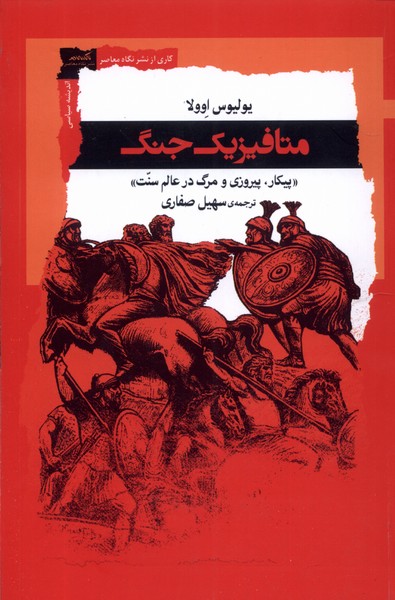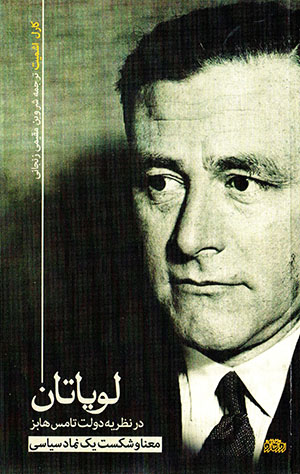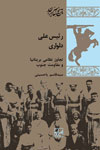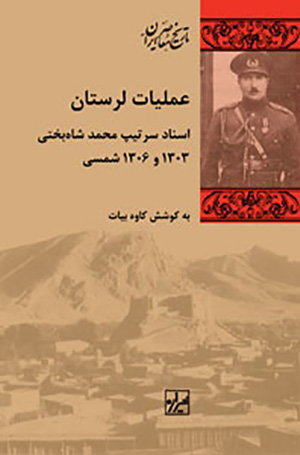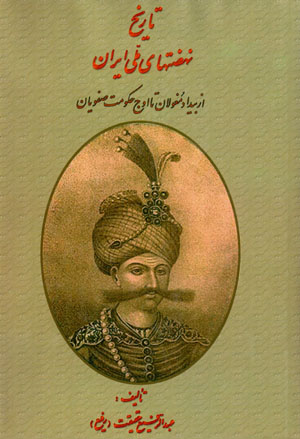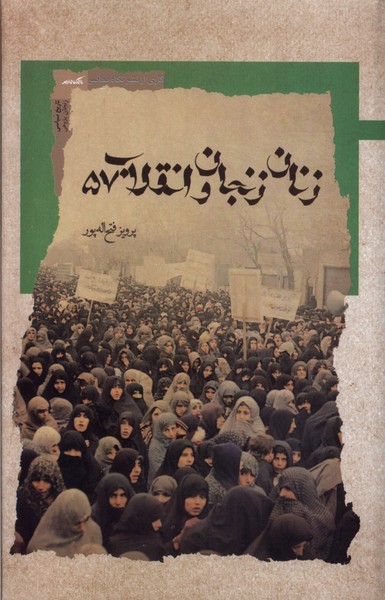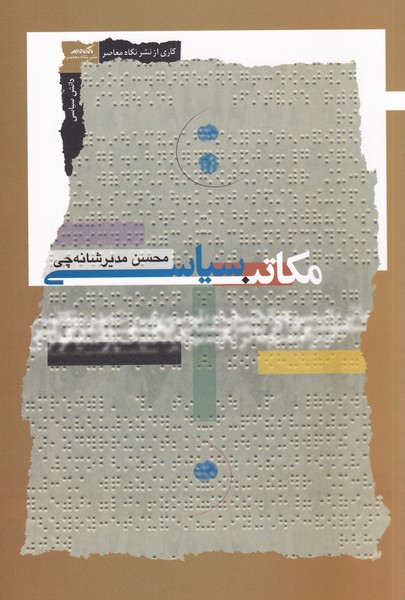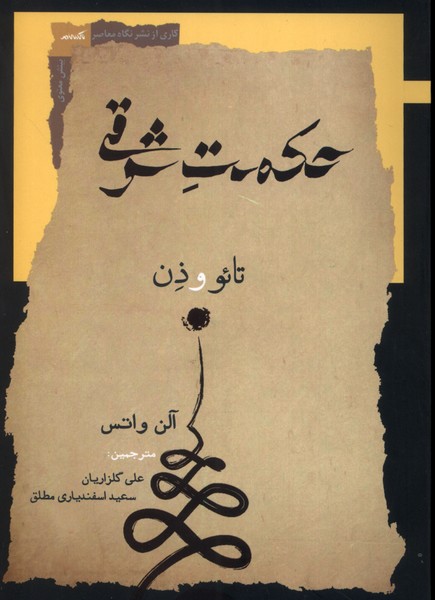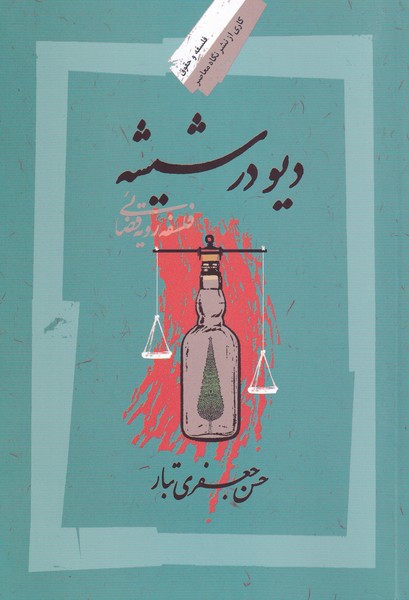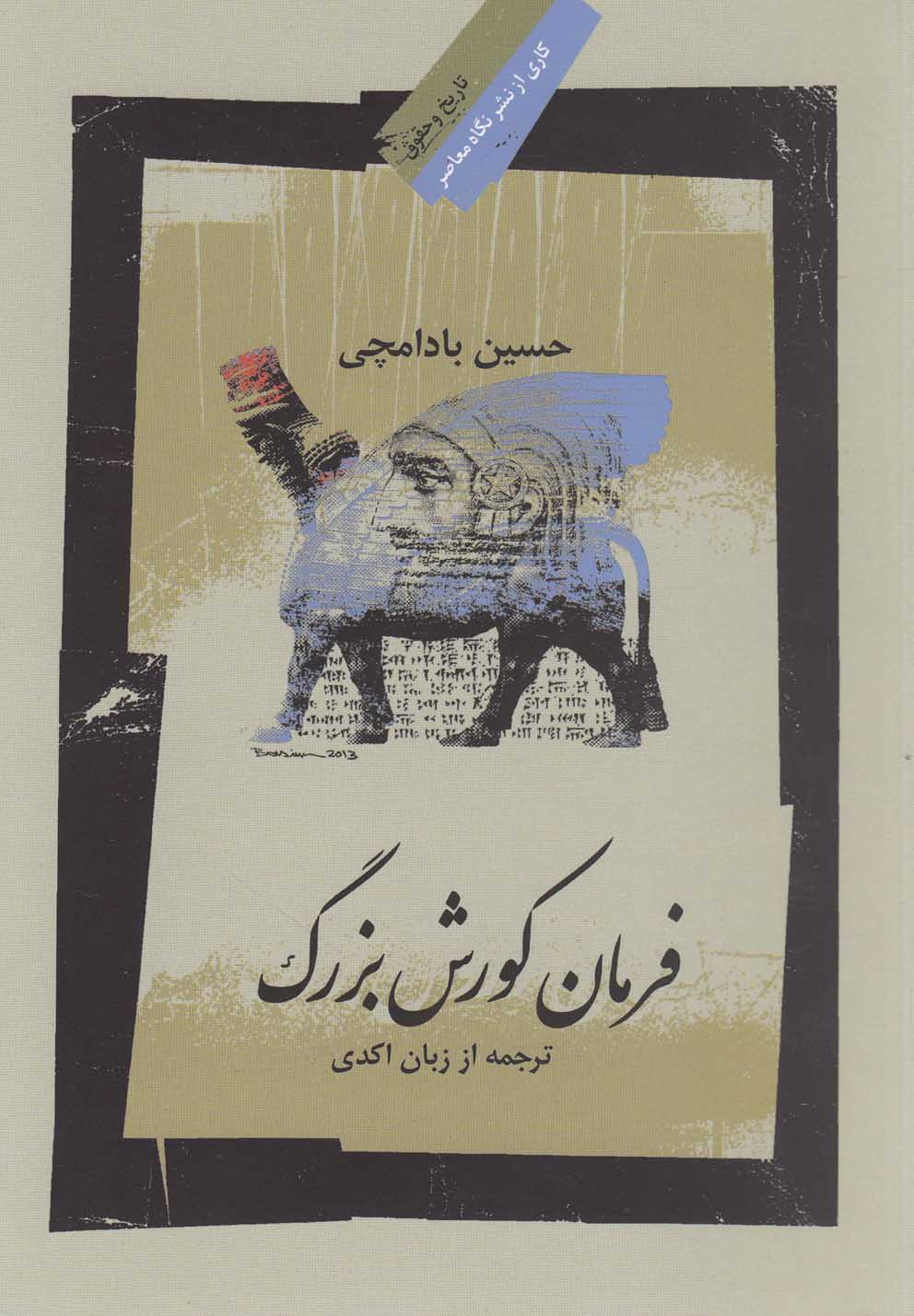Rumāntīsīsm-i Sīyāsī: Persiska (Farsi) 1399
رمانتیسیسم سیاسی
16,63 $
Dela
Wishlist
Originaltitel:
Politische Romantik
ISBN:
9789649940069
Översättare:
Suhayl Ṣaffārī
Förlag:
Nigah-i Mu'asir
Åldersgrupp:
Vuxen
Sidor:
204
Vikt:
216 g
Produktmått:
14 x 21 x 2 cm
Bokomslag:
Pocketbok
Carl Schmitt (1888-1985), the author of such books as Political Theology and The Crisis of Parliamentary Democracy (both published in English by The MIT Press), was one of the leading political and legal theorists of the twentieth century. His critical discussions of liberal democratic ideals and institutions continue to arouse controversy, but even his opponents concede his uncanny sense for the basic problems of modern politics. Political Romanticism is a historical study that, like all of Schmitt's major works, offers a fundamental political critique. In it, he defends a concept of political action based on notions of good and evil, justice and injustice, and attacks the political passivity entailed by the romanticization of experience. The book has three strands. The first is an attack on received notions of the origins of the Romantic Movement. Schmitt argues that this movement represents a secularization, subjectification, and privatization in which God is replaced by the emancipated, private individual of the bourgeois social order. The second is an assault on political romanticism that includes a broader attack on the new European bourgeoisie, which Schmitt characterizes as the historical bearer of the movement. The third strand is a defense of political conservatism and a refutation of the view that political romanticism is intrinsically linked with romanticism. Here Schmitt argues that the political romantic is tied not to positions but to aesthetics, and can therefore as easily become a Danton as a Frederick the Great. Guy Oakes's introduction places the book in historical context and also suggests its continuing relevance through his discussion of the latest outcropping of political romanticism in the late 1960s, intriguingly brought out in his example of Norman Mailer as a political romantic.
more
«رومانتیسیسم سیاسی» یکی از مهمترین آثار کارل اشمیت، حقوقدان و نظریهپرداز سیاسی آلمانی است که برای اولین بار در سال 1919 منتشر شد. اشمیت در این کتاب به بررسی انتقادی تأثیر جنبش رمانتیک آلمان بر اندیشهی سیاسی مدرن و پیامدهای آن بر چشمانداز حقوقی و سیاسی زمانهی خود پرداخته است.
اشمیت کتابش را با ردیابی خاستگاه رمانتیسیسم شروع میکند و آن را واکنشی به عقلگرایی روشنگری معرفی میکند که با تأکید بر احساس و تخیل در مقابل عقل و حقایق جهانشمول، نشاندهندهی تغییر به سمت سوبژکتیویسم و فردگرایی است. به گفتهی اشمیت، این تغییر به شکلی از بیان سیاسی منجر میشود که ذاتا غیرقابل پیشبینی است و تعهدی به هیچ موضع سیاسی اساسی ندارد. محور نقد اشمیت، مفهوم «مقارنهگرایی» (مکتب اصالت دلیل موقعی) است که وی آن را به سوبژکتیویسم رمانتیک نسبت میدهد. مقارنهگرایی، در این زمینه، به تمایل رمانتیکها به عمل بر اساس احساسات زودگذر و الهامات گذرا، بدون رویکرد منسجم یا اصولی به کنش سیاسی اشاره دارد. اشمیت معتقد است که این منجر به رمانتیک شدن تجربه و انفعال سیاسی می شود که امکان مشارکت سیاسی واقعی را تضعیف میکند.
اشمیت سپس به بررسی دریافت رمانتیسیسم از حکومت و حاکمیت قانون میپردازد. او پیشنهاد میکند که فقدان تعهد رمانتیک به اصول سیاسی مشخص منجر به چالشی برای نظم حقوقی مستقر میشود. اشمیت معتقد است که فرد رمانتیک بیشتر به تجربیات زیباشناختی و بیان شخصی توجه دارد تا عدالت یا حفظ نظم سیاسی باثبات. وی همچنین در نقد خود رابطهی رمانتیسیسم و لیبرالیسم نیز بررسی کرده است. او رمانتیسیسم را محصول نظم اجتماعی بورژوازی میداند که انسان فردی و تجربهی شخصی او را بالاتر از دغدغههای اجتماعی قرار میدهد. اشمیت استدلال میکند که این رویکرد منجر به شکلی از رمانتیسیسم سیاسی میشود که با ظهور لیبرال دموکراسی و تأکید آن بر حقوق و آزادیهای فردی در هم آمیخته است.
کارل اشمیت علیرغم انتقاد خود، ارزش اندیشهی رمانتیک را کاملا نادیده نمیگیرد. در عوض، او تصدیق میکند که رمانتیسیسم به درک غنیتر از تجربهی انسانی و پیچیدگیهای زندگی سیاسی کمک کرده است. با این حال، او در برابر خطرات اجازه دادن به آرمانهای رمانتیک برای تسلط بر گفتمان سیاسی هشدار داده و در مقابل آن از رویکردی مبتنی بر و واقعبینی به کنش سیاسی دفاع میکند. به طور کلی، این کتاب مهم، بینش اشمیت را با توجه به تأثیر متقابل بین احساسات، فردگرایی و کنش سیاسی در مورد چالشهای حکمرانی مدرن و نقش ایدئولوژی در شکل دادن به واقعیتهای سیاسی ارائه میدهد.
more



